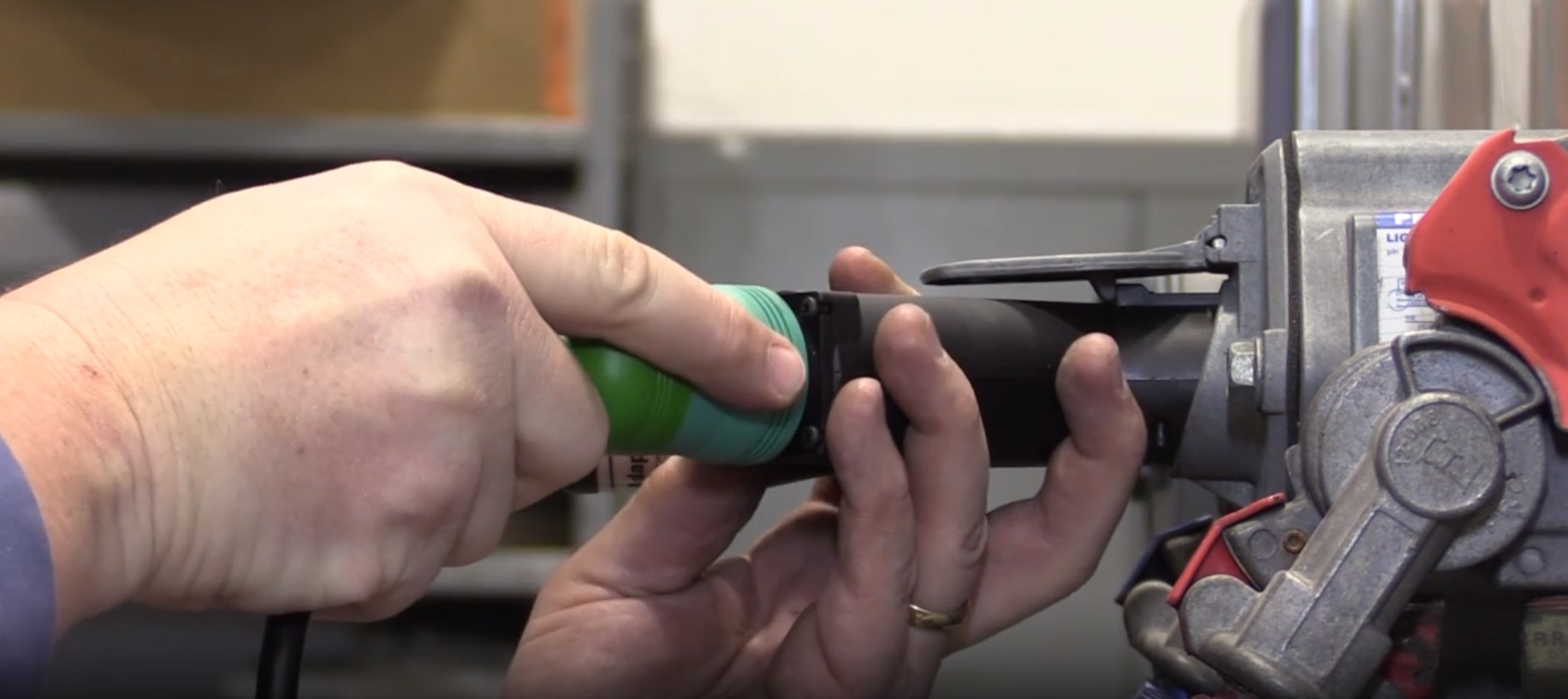The Obama Administration recently finalized groundbreaking standards that will increase fuel economy to the equivalent of 54.5 mpg for cars and light-duty trucks by model year 2025.
When combined with previous standards set by the administration, this move will nearly double the fuel efficiency of those vehicles compared to new vehicles currently on our roads.
In total, the Administration’s national program to improve fuel economy and reduce greenhouse gas emissions will save consumers more than $1.7 trillion at the gas pump and reduce U.S. oil consumption by 12 billion barrels.
"These fuel standards represent the single-most important step we’ve ever taken to reduce our dependence on foreign oil,” said President Obama. “This historic agreement builds on the progress we’ve already made to save families money at the pump and cut our oil consumption. By the middle of the next decade our cars will get nearly 55 miles per gallon, almost double what they get today. It’ll strengthen our nation’s energy security, it’s good for middle class families and it will help create an economy built to last."
The standards issued in late August by the U.S. Department of Transportation (DOT) and the U.S. Environmental Protection Agency (EPA) build on the administration’s standards for cars and light trucks for Model Years 2011-2016.
Those standards, which raised average fuel efficiency by 2016 to the equivalent of 35.5 mpg, are already saving families money at the pump, says the DOT and EPA. Achieving the new fuel efficiency standards will encourage innovation and investment in advanced technologies that increase U.S. economic competitiveness and support high-quality domestic jobs in the auto industry, according to the administration.
The final standards were developed by DOT’s National Highway Traffic Safety Administration (NHTSA) and the EPA following extensive engagement with automakers, the United Auto Workers, consumer groups, environmental and energy experts, states and the public.
Last year, 13 major automakers, which together account for more than 90% of all vehicles sold in the United States, announced their support for the new standards.
"Simply put, this groundbreaking program will result in vehicles that use less gas, travel farther, and provide more efficiency for consumers than ever before — all while protecting the air we breathe and giving automakers the regulatory certainty to build the cars of the future here in America,” said transportation secretary Ray LaHood.
“Today, automakers are seeing their more fuel-efficient vehicles climb in sales, while families already saving money under the administration’s first fuel economy efforts will save even more in the future, making this announcement a victory for everyone," LaHood said.
"The fuel efficiency standards the administration finalized today are another example of how we protect the environment and strengthen the economy at the same time,” said EPA administrator Lisa Jackson. “Innovation and economic growth are already reinvigorating the auto industry and the thousands of businesses that supply automakers as they create and produce the efficient vehicles of tomorrow. Clean, efficient vehicles are also cutting pollution and saving drivers money at the pump."
In achieving these new standards, EPA and NHTSA expect automakers’ to use a range of efficient and advanced technologies to transform the vehicle fleet. The standards issued today provide for a mid-term evaluation to allow the agencies to review their effectiveness and make any needed adjustments. Major auto manufacturers are already developing advanced technologies that can significantly reduce fuel use and greenhouse gas emissions beyond the existing model year 2012-2016 standards.
In addition, a wide range of technologies are currently available for automakers to meet the new standards, including advanced gasoline engines and transmissions, vehicle weight reduction, lower tire rolling resistance, improvements in aerodynamics, diesel engines, more efficient accessories and improvements in air conditioning systems.
The program also includes targeted incentives to encourage early adoption and introduction into the marketplace of advanced technologies to dramatically improve vehicle performance, including: • Incentives for electric vehicles, plug-in hybrid electric vehicles, and fuel cells vehicles;
• Incentives for hybrid technologies for large pickups and for other technologies that achieve high fuel economy levels on large pickups;
• Incentives for natural gas vehicles;
• Credits for technologies with potential to achieve real-world greenhouse gas reductions and fuel economy improvements that are not captured by the standards test procedures.


